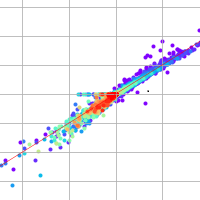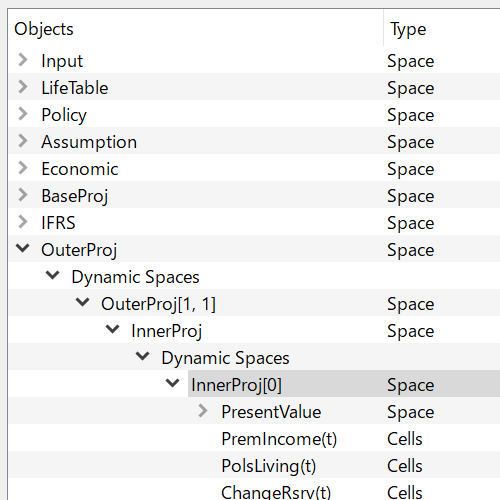lifelib: Actuarial models in Python#
lifelib is an open-source Python package featuring practical actuarial models, tools, and examples. Contribute your excellent work to lifelib and share it with actuaries from all around the world!




Last Updates
Note: Follow lifelib on LinkedIn for more frequent updates.
10 Aug 2025: New download available on the Download page.
1 February 2025: lifelib v0.11.0 is released.
BasicTerm_SC, a new model optimized for generating a compiled model using Cython with modelx-cython is introduced.
lifelib sites#
Submit an issue on lifelib development site on GitHub to report a bug. Start a discussion on the Discussions site to ask a question about lifelib, propose a new feature, or share your experience with lifelib. Follow lifelib’s LinkedIn page to receive updates.
Development site |
|
Discussions |
|
lifelib on PyPI |
|
LinkedIn page |
modelx sites#
modelx is a Python package to use Python like a spreadsheet. modelx provides the foundation of lifelib. Find out more about modelx on the following sites.
Home page & Blog |
|
Documentation site |
|
Development site |
|
modelx on PyPI |
